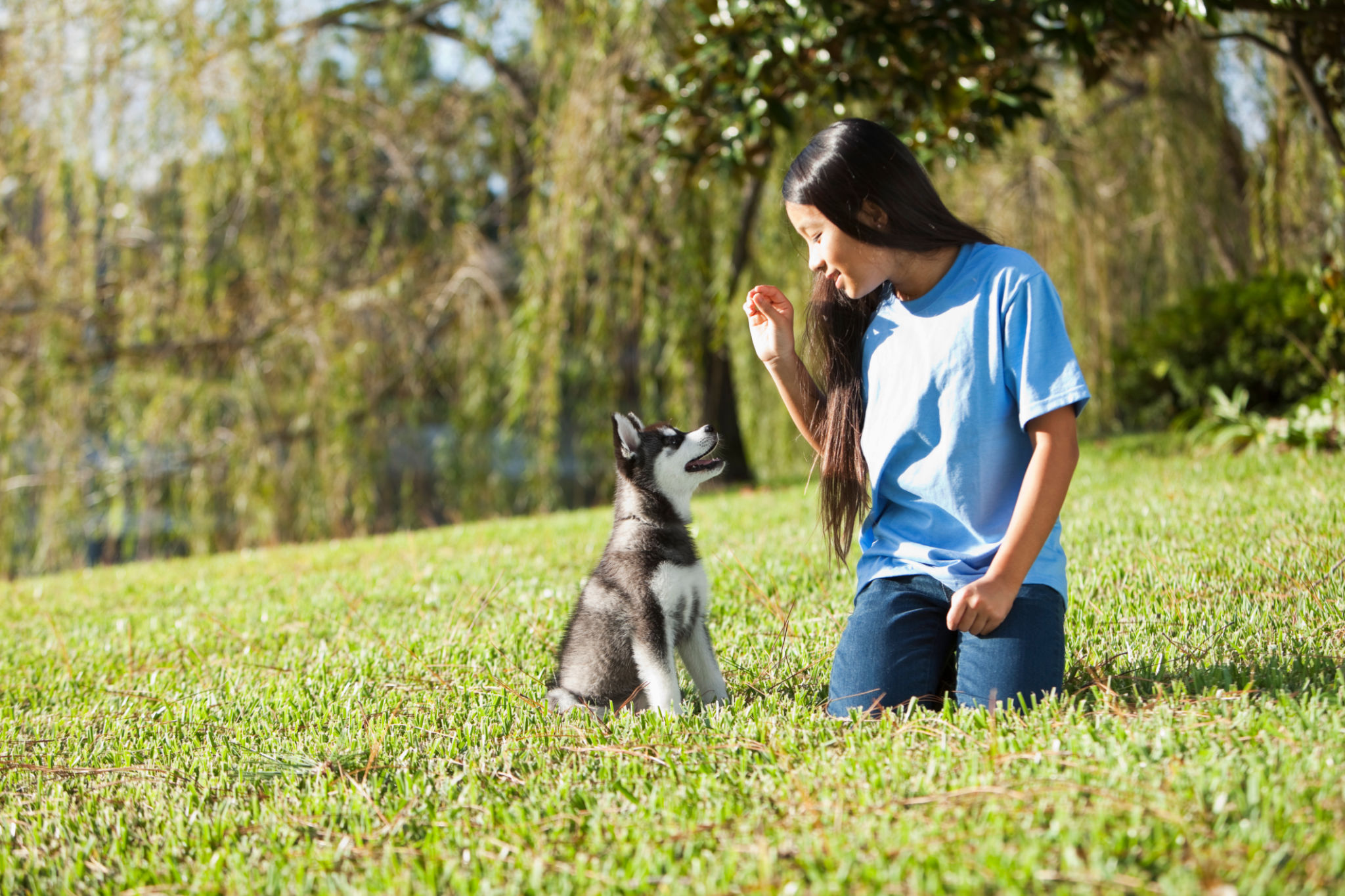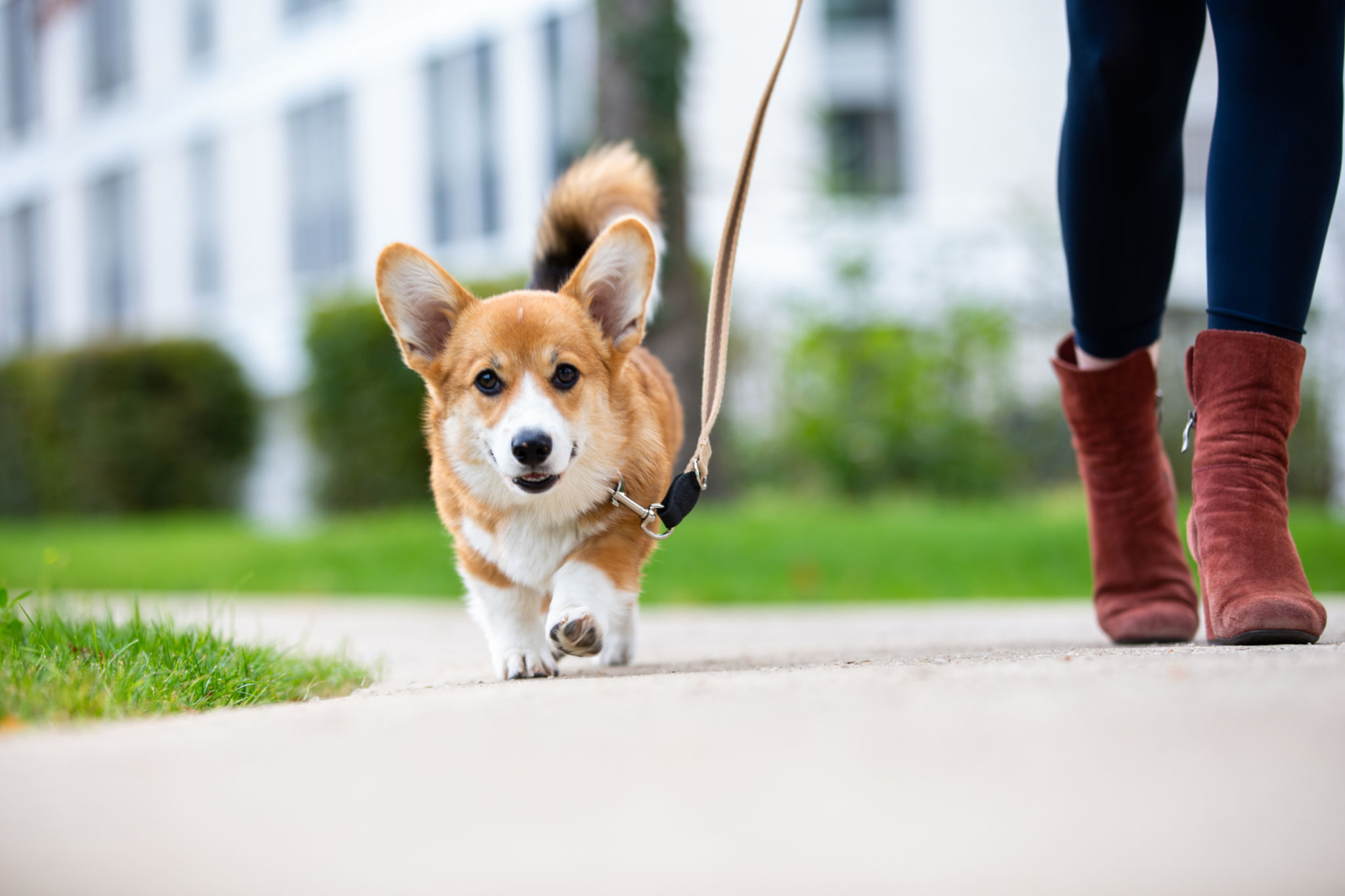How Long Does It Take to Train a Dog? Realistic Timelines & Expectations
Is Dog Training a Weekend Fix or a Lifelong Journey?
If you’ve ever Googled, “How long does it take to train a dog?” you’ve probably seen answers ranging from “a few weeks” to “basically forever.” So, what’s the truth?
The short answer: It depends on your dog, your training method, and how consistent you are. The long answer? Well, grab a snack, because we’re about to dive in.
But here’s the most important thing—if your dog isn’t motivated to learn, everything will take longer. The secret to faster, more effective training? Building food motivation. If your dog wants to work, everything else clicks into place. A motivated dog is an engaged dog, and an engaged dog learns faster and more reliably. (Psst… if your dog turns their nose up at food, don’t worry—I’ve got a fix for that below!)
Let’s break down realistic training timelines, so you know what to expect and how to set yourself (and your dog) up for success.

Basic Obedience: Sit, Stay, Down, and Come
💡 Timeline: 2-4 weeks with daily practice
If you’re working on foundational skills like sit, down, stay, and recall (a fancy way of saying “come when called”), most dogs can pick up the basics within a few weeks—assuming you’re training daily in short, focused sessions.
But here’s the kicker: Just because your dog knows a cue doesn’t mean they’ll do it when it actually matters. Sit in the kitchen? Easy. Sit at the park while a squirrel sprints by? Suddenly, your dog has forgotten English.
Training Tip: Start in a low-distraction area before testing your dog’s skills in more exciting places (aka, where the squirrels live).
What Speeds Up Learning? A highly food-motivated dog who actually wants to train (more on that below).
Leash Walking Without Pulling
💡 Timeline: 4-8 weeks with regular practice
If your dog pulls like they’re auditioning for the Iditarod, expect several weeks of training before seeing real progress. Loose leash walking requires impulse control—and let’s be honest, most dogs think sidewalks exist solely to take them on a sniffing adventure.
Key to Success: Reward your dog before they start pulling. If you wait until they’ve already yanked you into a bush, you’re too late. A dog that values food will stay engaged and focused, making leash training much easier.
House Training (Potty Training)
💡 Timeline: 4-6 months for full reliability
Potty training isn’t about teaching a behavior—it’s about creating a habit. Puppies need time to develop bladder control, and even adult rescue dogs may need a few months to adjust.
Most dogs start getting the hang of house training within a few weeks, but full reliability (zero accidents) can take up to six months. And yes, that means keeping a close eye on them and celebrating every successful potty trip like they just won an Olympic medal.
Common Mistakes: Expecting a puppy to “hold it” too long, not rewarding outdoor potty breaks, and assuming one accident-free day means they’re fully trained (they aren’t).

Socialization & Confidence Building
💡 Timeline: Ongoing, but noticeable improvement in 2-3 months
If your dog is nervous around people, dogs, or new environments, expect months of slow, positive exposure to build confidence. Some dogs will need lifelong management, especially if they missed early socialization windows.
Pro Tip: Pair new experiences with high-value food rewards. If your dog sees a stranger and gets a piece of chicken, they’ll start thinking, “Hey, new people = snacks! Not bad.” A food-motivated dog will build confidence faster!

Advanced Training & Off-Leash Reliability
💡 Timeline: 6+ months to years
Training your dog to be off-leash reliable (aka: not running into the sunset the second they get freedom) takes long-term commitment. Some dogs may never be 100% reliable off-leash, and that’s okay!
Key to Success: Start with a long-line leash before going fully off-leash, and make sure your recall training is ironclad before you trust them in an open space.
Training a dog is like parenting: just when you celebrate a big win, they find a new way to make you question all your life choices.

Dog training isn’t a one-and-done deal—it’s an ongoing process. Even well-trained dogs need refreshers, especially if you let behaviors slide. Think of training like a muscle—if you don’t use it, you lose it.
How to Make Training Faster & More Effective
✅ Train in short, frequent sessions (5-10 minutes, a few times a day, beats one long session).
✅ Be consistent—if “off the couch” is a rule on Monday, it can’t be optional by Friday.
✅ Reward good behavior immediately—dogs live in the moment. Praise them now, not five minutes later.
✅ Proof behaviors—just because they do it at home doesn’t mean they’ll do it in a busy environment. Test them in new places.
✅ Build food motivation—if your dog isn’t excited about rewards, training will be an uphill battle.
The Secret to Faster, More Effective Training? Food Motivation!
The fastest way to train a dog is to have a dog that wants to learn. And the easiest way to create that? Food motivation. If your dog isn’t excited to work for food, training will feel like pulling teeth. But don’t worry—I’ve got you covered.
Check out our Building Food Motivation PDF on Etsy for step-by-step strategies to increase your dog’s engagement, focus, and eagerness to train. (Seriously, it makes everything easier!)
Join our Online Course at Training Dogs Online for in-depth guidance on real-life training success.
Learn more about our training philosophy and why we’re passionate about helping owners and their dogs thrive!
Want to make food training even more fun? Try our Snuffle Ropes! These interactive feeding tools encourage sniffing, problem-solving, and engagement—perfect for building motivation and keeping training exciting.
-Cher Wood
Street Wise Canine
